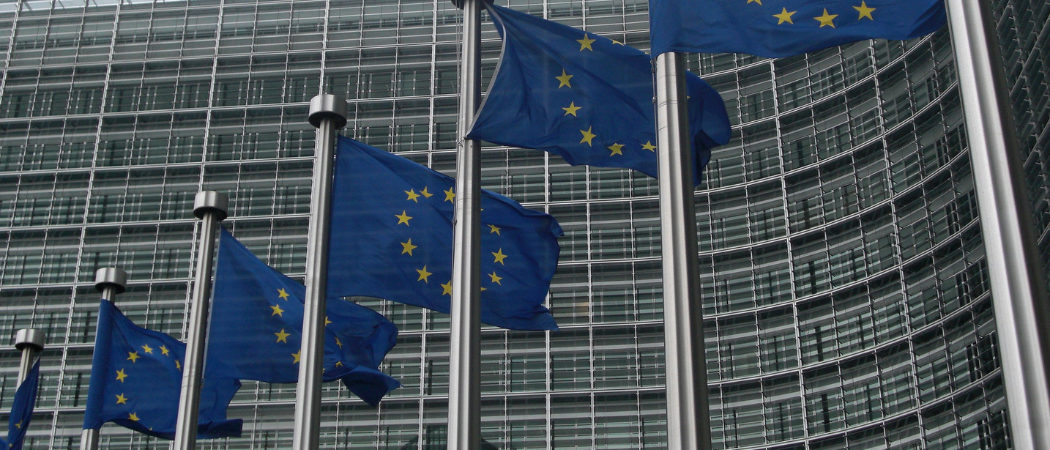The European Commission has launched an open call to connect citizens to science after ending guaranteed funding for the EuroScience Open Forum

Berlaymont Building of the European Commission, Brussels, Belgium. Photo credits: Sébastien Bertrand / Flickr
The European Commission has unveiled details of a new call under Horizon Europe that effectively replaces the European City of Science and the biennial EuroScience Open Forum (ESOF) international conference with a multi-city project ‘Science Comes to Town’.
The current city of science, Katowice in Poland, will now be the last hold the title. The first was Stockholm in 2004, and others to have had the designation include Turin, Barcelona, Manchester, Dublin, Copenhagen and Munich. Katowice is the first in a Widening country with lagging research and innovation performance to be named European City of Science.
The new call, with a budget of €6 million, is included in the recently
Discover the latest in research funding every Tuesday with Funding Newswire. Dive into detailed articles with our monthly or yearly subscriptions or start with a free trial
NOTE: if you're a part of one of our Network member organisations, you get free access by signing up with your institutional email. Verify your eligibility here.





 A unique international forum for public research organisations and companies to connect their external engagement with strategic interests around their R&D system.
A unique international forum for public research organisations and companies to connect their external engagement with strategic interests around their R&D system.